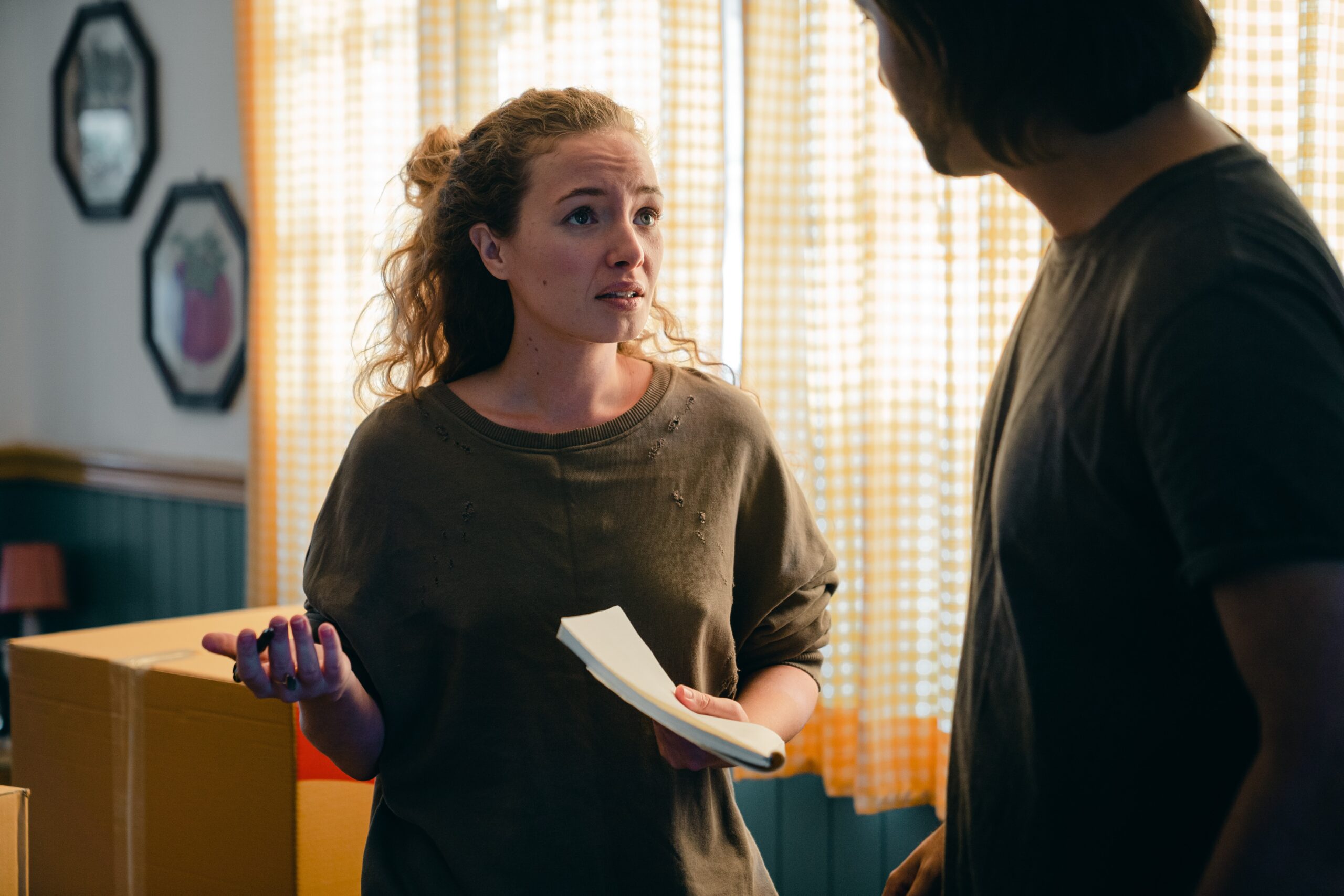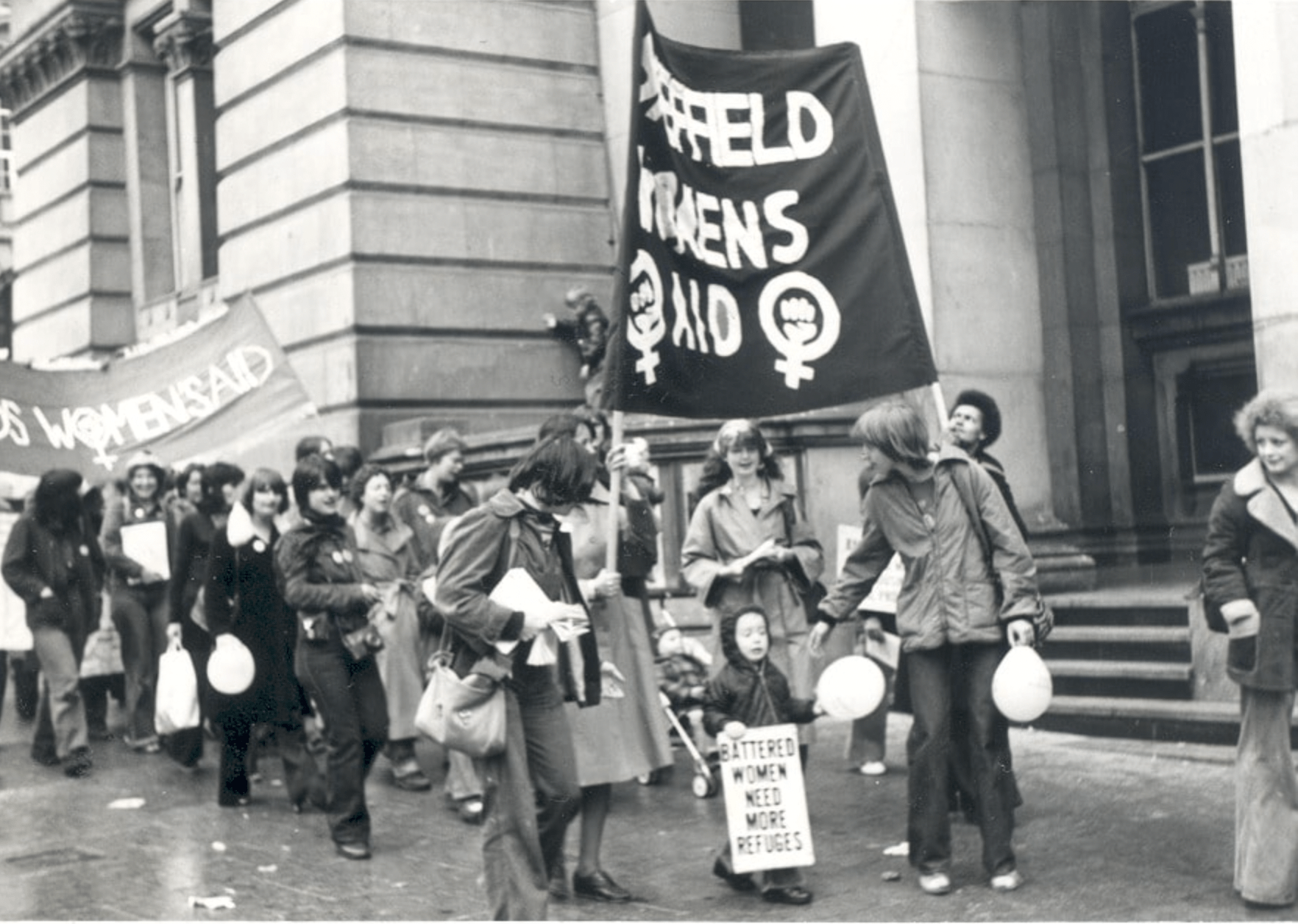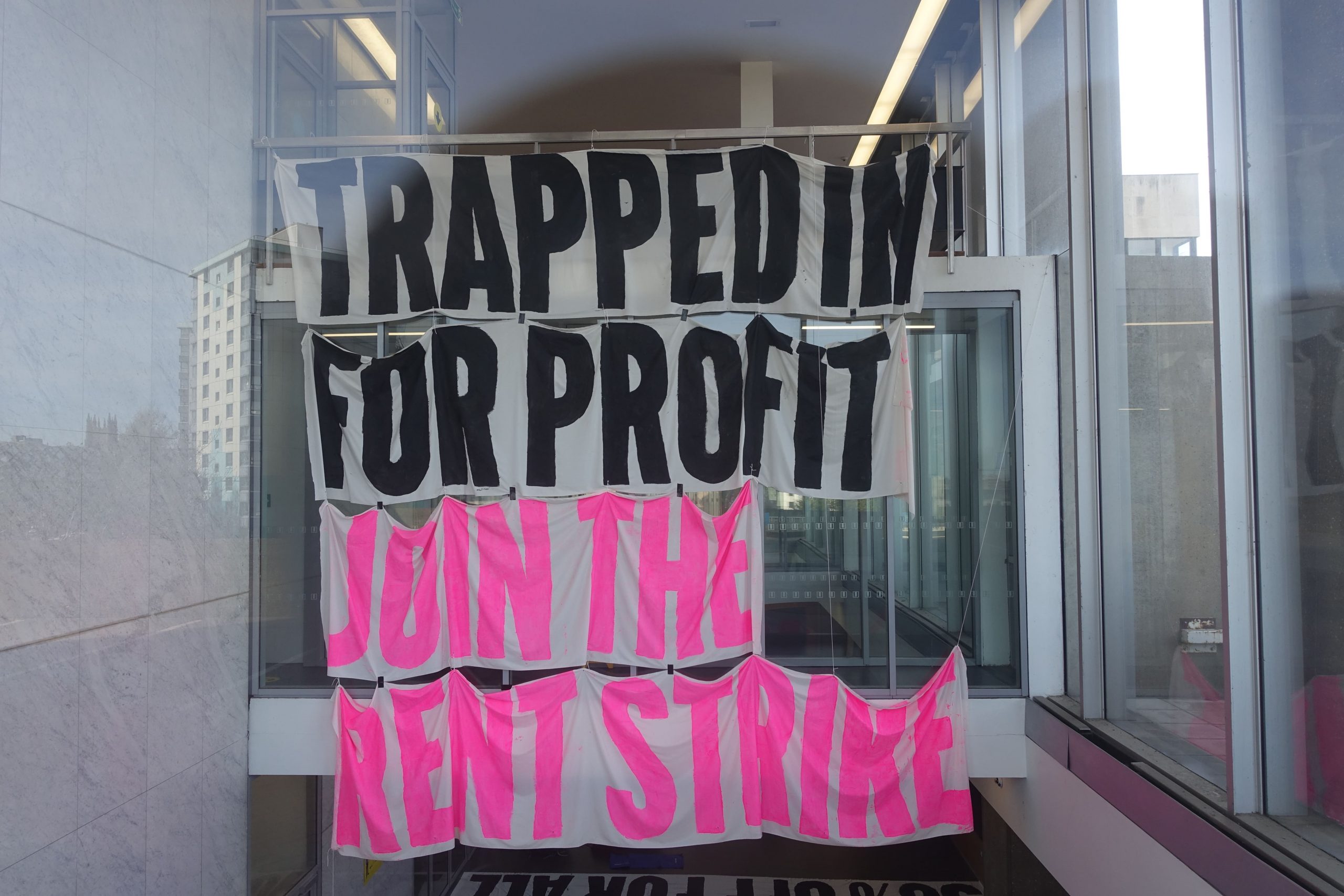Despite an ongoing cost of living crisis that has seen households across the country struggling to juggle finances, local governments have taken the decision to raise council tax by almost five per cent.
The maximum local authorities can raise council tax by is 4.99 per cent without holding a referendum.
Sheffield, Rotherham, Doncaster and Barnsley are all planning to increase the amount they charge for council tax, however Sheffield is the only region which has proposed increasing it by the maximum amount.
So why are council tax rates rising?
Council tax is a compulsory charge paid by anyone who owns or rents a property and is over the age of 18 in England, Scotland and Wales. It acts as the main source of income for local authorities.
These funds are used to pay for services including libraries, rubbish collection, police and fire services, and parks and recreation.
Historically council tax rises year-on-year to ensure these services are protected. However, the amount that local councils can raise the tax without requiring a vote has recently increased, despite the cost of living crisis.
Until last year, councils needed to hold a local referendum if they wanted to increase council tax by more than three per cent. However Jeremy Hunt announced in his 2022 Autumn statement that he would be increasing this to five per cent.
As published on the BBC website, Work and Pension Secretary Mel Stride said the rise in council tax would be “below inflation increase”.
He said: “It is for local authorities who are elected by local electors to take those decisions to try and get that balance between the pressure they’re putting on local tax payers, but also making sure they’re able to continue to provide those services.”
In Sheffield, cuts to government funding between 2010 and 2020 means the council has £856 less to spend per household in real terms than it did a decade ago. This has resulted in the City Council making the decision to make use of the full council tax increase.
As reported by the BBC, Tony Kirkham, interim director of finance and commercial services, warned that if it did not act, the authority would “become financially unsound from 2024-25 onwards”.
How will rising council tax prices affect you?
Research from the County Councils Network (CCN) shows 84 of the 114 councils that have announced their budget proposals for 2023/2024 intend to raise council tax by 4.99 per cent, which roughly equates to three in every four.
As it stands, the only local authority which is not raising council tax rates at all is Central Bedfordshire council.
Each city council in South Yorkshire is able to set their own council tax rates, meaning that the increase will differ depending on which area you live in.
Sheffield
Sheffield City Council has proposed a 4.99 per cent increase in council tax in their 2023/2024 budget, which will be considered as a part of the draft budget proposal on 21 February.
This means the average household will see an increase of between £5 – £10 a month. The full council will vote on the final budget on 1 March.
Rotherham
Rotherham Council has approved a 4 per cent increase in council tax in their 2023/2024 budget.
This means the average household will see an increase of between £4 – £8 a month.
Barnsley
Barnsley Council has approved a 3.9 per cent increase in council tax in their 2023/2024 budget.
This means the average household will see an increase of between £4 – £7 a month. The full council will vote on the final budget on 23 February.
Doncaster
Doncaster Council has approved a 3.99 per cent increase in council tax in their 2023/2024 budget, which was considered as a part of the draft budget proposal on 15 February.
This means the average household will see an increase of between £4 – £8 a month.
The full council will vote on the final budget on 27 February.




